Worker Co-ops 101: Part 2
12:00 noon Eastern Time
This two-part, interactive series is designed for people who are working in a worker co-op. They are most appropriate for those who have recently become members or who are thinking of applying to join their co-op, but anyone involved in a worker co-op is welcome to participate. Part I will cover basic definitions, statistics on the movement, and the co-op principles as applied to worker co-ops. Part II will cover governance and management principles in a worker co-op, and provide information about CWCF.The webinars will be presented by Peter Hough. Peter has over 30 years of experience as a member, manager, and/or director of worker and consumer co-operatives. He has assisted with many co-operative start-ups, developing bylaws, conducting training programs, completing feasibility studies and business plans as well as providing post-start-up mentoring. He is a director of the Canadian Co-operative Investment Fund which will invest in co-operative in all regions of Canada and a director of Sustainability Solutions Group Worker Co-op and CoopZone Developers’ Network. He was the lead developer and founding Course Director of the CoopZone Co-op Development online training programs, the Financial Officer of the Canadian Worker Co-op Federation, and the Fund Manager of “Tenacity Works” the CWCF’s revolving loan fund.
Leading Effective Meetings Rick Proven: Part 1: June 5, 12:00 noon ET; Part 2: June 11, 12 noon ET.
Have you ever wondered why meetings can some times wander off in all directions?
Why discussions on important issues can just keep going in circles and never seem to get resolved?
This webinar will give you some insights into how we think and process information, then present some models that can be used to keep discussions on track and arrive at decisions that can be supported by the whole group.
In the first one hour session we will:
Have a discussion on human cognitive processes and how they affect our conversations and decision making,
Introduce a tool for planning focused questions to plan the conversations and have an opportunity to practice the model between sessions.
In the second session we will:
Discuss the use of the focus question planning tool which was practiced between sessions,
Introduce and practice the second tool called ORID, Objective, Reflective, Interpretive and Decisional. This tool allows us to take a deep dive into how to plan the conversation, which allows all participants the chance to be part of the discussion and decisions.
The webinar will be presented by Rick Proven. Rick is an adult educator and worker cooperative member. After 32 years in the federal public service Rick retired from Parks Canada in 2010. He held various positions such as human resource advisor, program manager, project coordinator, informal conflict management advisor and national trainer. Through continuous learning and application, Rick has become an effective facilitator and trainer.
Rick now works as a private consultant focusing on facilitation design and training. He also spends his time as a member of a worker cooperative, building energy efficient and net zero buildings.
Democracy at Work Institute Webinars
The Democracy at Work Institute (DAWI) was created by the U.S. Federation of Worker Cooperatives (USFWC) to ensure that worker cooperative development in economically and socially marginalized communities is adequately supported, effective, and strategically directed. The School of Democratic Management, a program of DAWI’s, provides tools workplaces can use right away to build the culture they need.
A recently signed Memorandum of Understanding between DAWI and CWCF allows CWCF members to receive a 50 percent discount on School of Democratic Management webinars. Email Kaye Grant, Communications and Member Services Manager, at communications@canadianworker.coop to receive the discount code if you wish to attend an upcoming webinar. Here are some of the ones scheduled for the coming months.


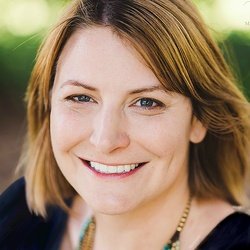
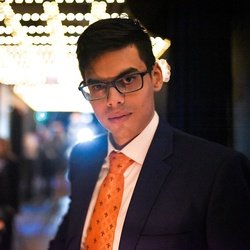
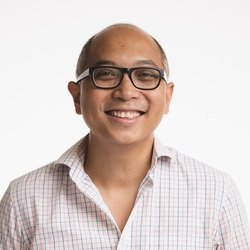
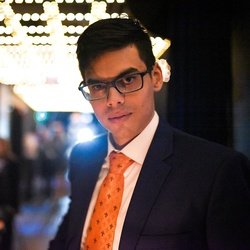
 1:00pm - 2:00pm Eastern Time
1:00pm - 2:00pm Eastern Time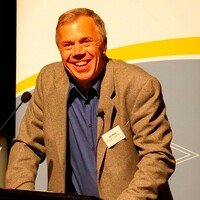

 John McKnight, Asset-Based Community Development Institute
John McKnight, Asset-Based Community Development Institute Cormac Russell, Nurture Development
Cormac Russell, Nurture Development